Kaasi Tulasi
₹149
Kaasi Tulasi, a sacred herb revered in Indian culture, is renowned for its numerous health benefits and spiritual significance. This aromatic plant, with its vibrant green leaves and distinctive fragrance, is a valuable addition to any home or garden.
37 people are viewing this product right now
🔥 11 items sold in last 3 hours
Kaasi Tulasi, a sacred herb revered in Indian culture, is renowned for its numerous health benefits and spiritual significance. This aromatic plant, with its vibrant green leaves and distinctive fragrance, is a valuable addition to any home or garden.
Key Features & Benefits
- Spiritual Significance: Kaasi Tulasi is believed to purify the environment and attract positive energy.
- Medicinal Properties: It possesses potent medicinal properties, aiding in various ailments like respiratory issues, digestive problems, and skin conditions.
- Aromatic Appeal: The plant’s fragrant leaves can be used to make herbal teas, incense, and essential oils.
- Air Purifying: Kaasi Tulasi helps purify the air by absorbing toxins and releasing oxygen.
- Low Maintenance: This hardy plant is relatively easy to care for, making it suitable for both experienced and novice gardeners.
Plant Care Guide
Ideal Plantation Locations
Kaasi Tulasi thrives in warm, humid climates with plenty of sunlight. It can be grown in pots or directly in the ground. Well-draining soil rich in organic matter is ideal for its growth.
Planting & Gardening Instructions
- Location: Choose a sunny spot with partial shade during the hottest hours of the day.
- Soil Preparation: Prepare the soil by mixing it with compost or well-rotted manure to improve its fertility.
- Planting: Plant the Tulasi sapling or seeds in the prepared soil, ensuring proper depth and spacing.
- Spacing: Maintain a distance of 1-2 feet between plants to allow for adequate growth.
Watering
Water the plant regularly, especially during dry periods. Avoid overwatering as it can lead to root rot. Let the top inch of soil dry out before watering again.
Fertilizers
Apply a balanced liquid fertilizer once a month during the growing season. Avoid excessive fertilization, as it can harm the plant.
Repotting Instructions
Re-pot the Tulasi plant every 1-2 years or when it becomes root-bound. Choose a slightly larger pot and fresh, well-draining potting mix.
Fruiting Season
Kaasi Tulasi is primarily grown for its leaves and medicinal properties, rather than fruits.
Usage Ideas
- Herbal Tea: Brew Tulasi leaves to make a soothing and aromatic tea.
- Aromatic Oils: Extract essential oils from the leaves for various uses.
- Religious Practices: Use the plant in religious rituals and offerings.
- Home Decor: Add a touch of natural beauty to your home with potted Tulasi plants.
Care Tips
- Pest Control: Monitor for pests like aphids and mealybugs. Use organic pest control methods like neem oil or insecticidal soap.
- Pruning: Prune the plant regularly to maintain its shape and encourage new growth.
- Winter Care: Protect the plant from frost during winter by bringing it indoors or covering it with a frost-resistant cloth.
Only logged in customers who have purchased this product may leave a review.
Related products
Designed, Developed & Maintained by Growww.
Copyright © 2024 Ashok Chakra Nursery

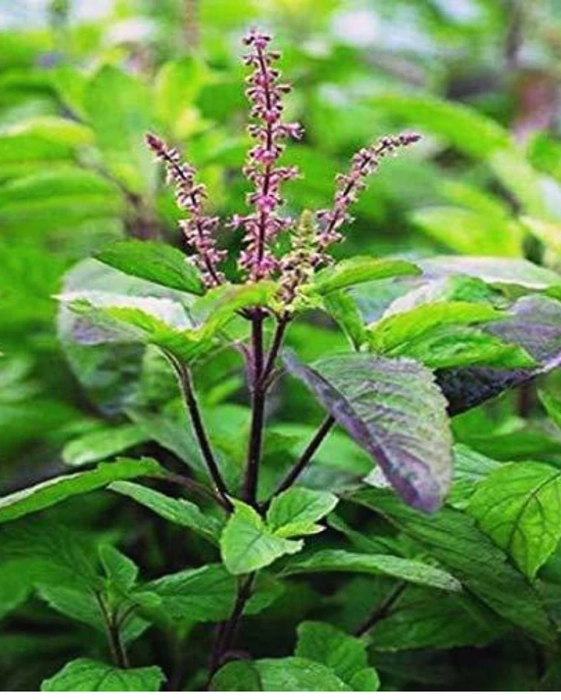

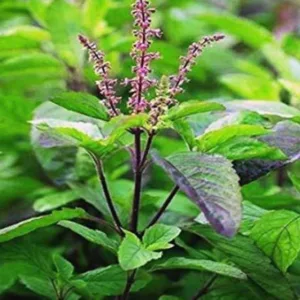
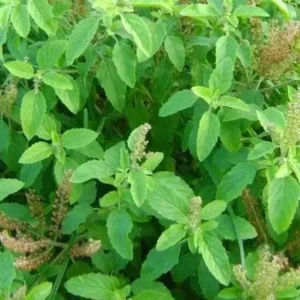



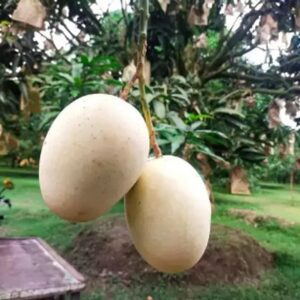
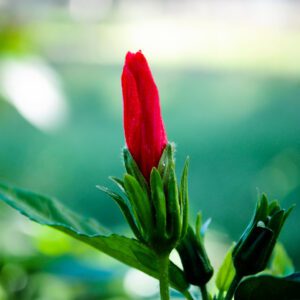

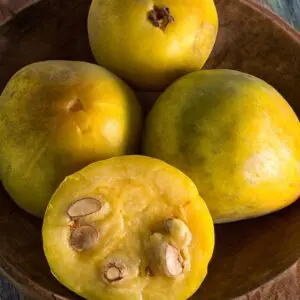

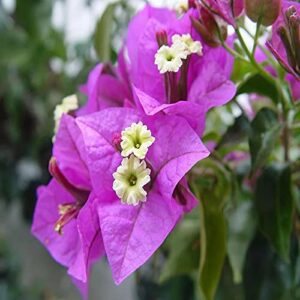

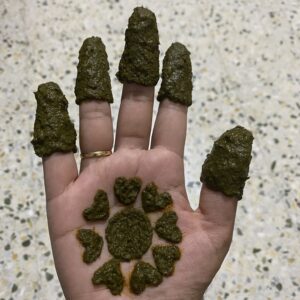

Reviews
There are no reviews yet.